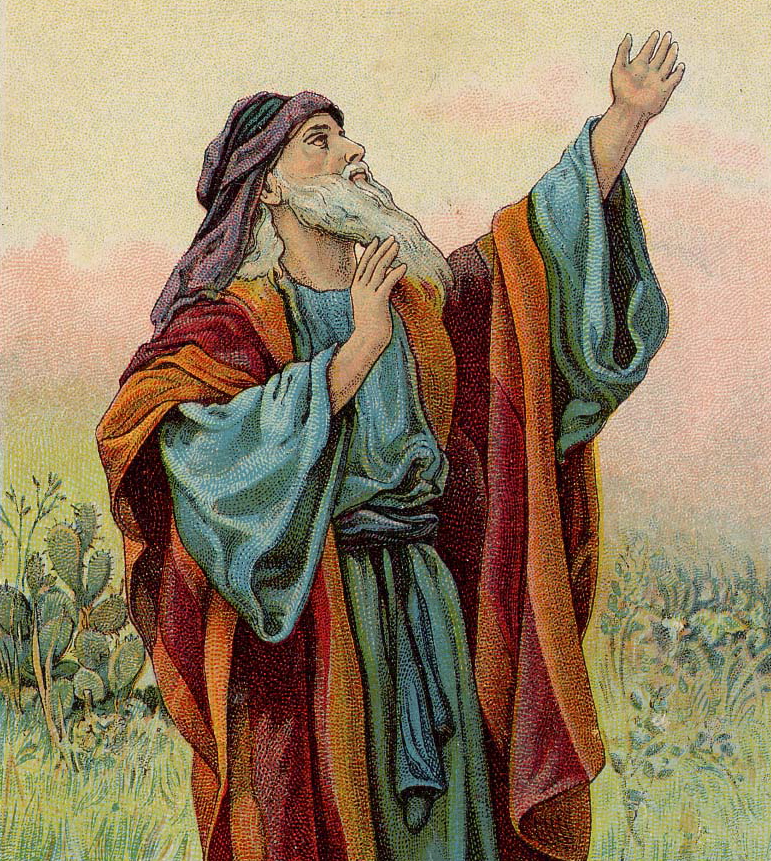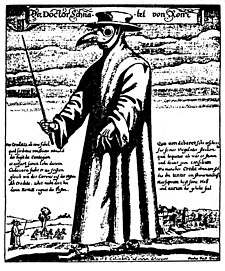
How dare we call ourselves Saints? No, not the New Orleans kind, but the kind of people that strive to be holy because God is holy. Well, the church has consistently done that ever since it started reciting the Apostles’ Creed some 1500 years ago:
“I believe […] in the Communion of Saints”
Yeah, from that crying baby in the church nursery to the 101 year-old lady and everybody in between, God considers us all Saints. Now God doesn’t do that in a Catholic kind of way:
“In Catholic terminology, the communion of saints is thus said to comprise the church militant (those alive on earth), the church penitent (those undergoing purification in purgatory in preparation for heaven), and the church triumphant (those already in heaven).”
Instead the Reformation has stressed the Priesthood of all believers, which basically means that there are no Saints that are more saintly than any other Saint.
That’s why Martin Luther on the occasion of All Hallows Eve (Halloween is the evening before All Saints Day) in the year 1517 made the point that was spelled out in Scripture before:
“Salvation belongs to our God who is seated on the throne, and the Lamb!”
(Revelation 7:10 – Watchword for the Week of Sunday 1 November 2014)
That was revolutionary news back then: In order to graduate from purgatory to heaven your deceased relatives needed your help. Namely the church wanted you to pay cold hard cash for a letter of indulgence to shorten their time of suffering. It was like the church owned a treasure chest of salvation and you had to buy in, for yourself and everyone you cared for. Luther spoke out against the practice of indulgences because: Salvation does not belong to the church but Salvation belongs to our God who is seated on the throne, and the Lamb! God gives salvation for free to everybody!
That still is revolutionary news today: There are churches out there that will tell their people that they have to believe or act or love or be a certain way or they will not get saved. They put pressure on you for not giving enough money, for not following their moral code. They tell you they know how to “get saved”.
The Good News of Reformation Day / Halloween / All Saints Day is this:
You are a Saint! You are saved no matter who you are or where you are on life’s journey!


